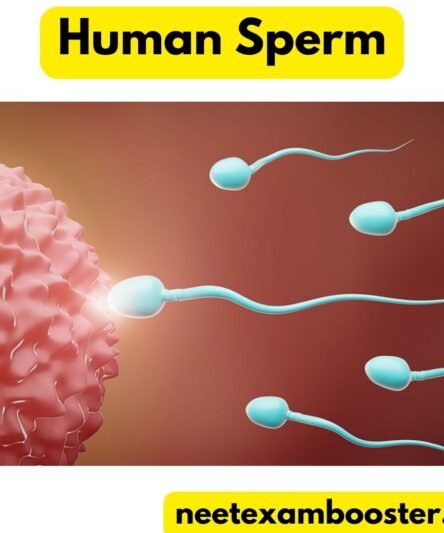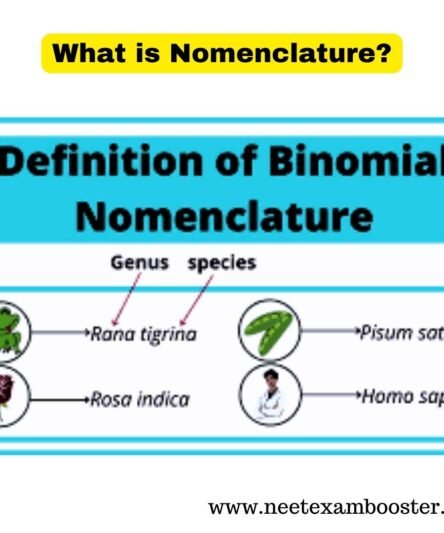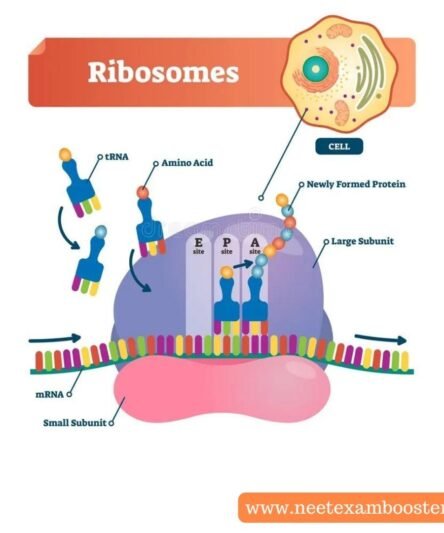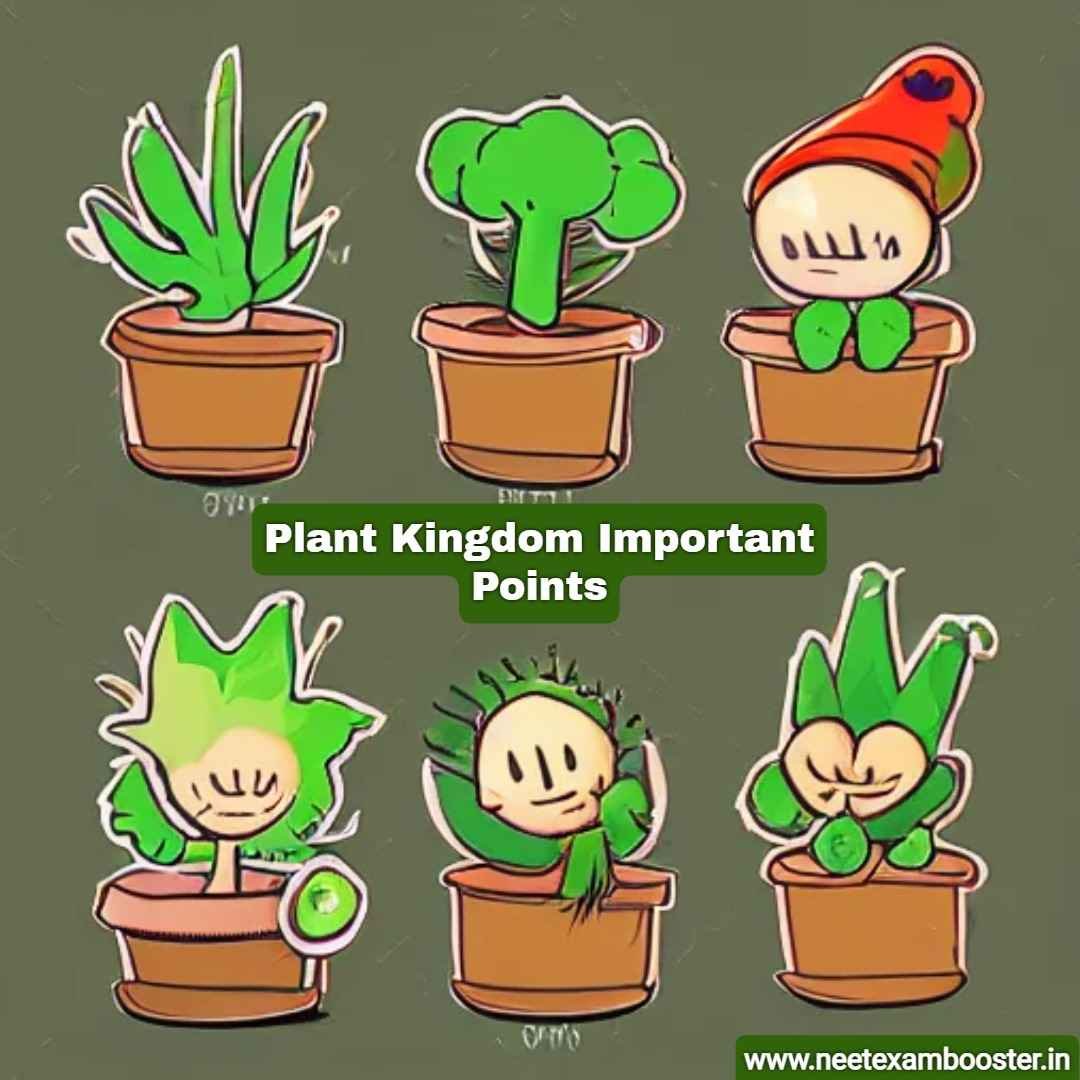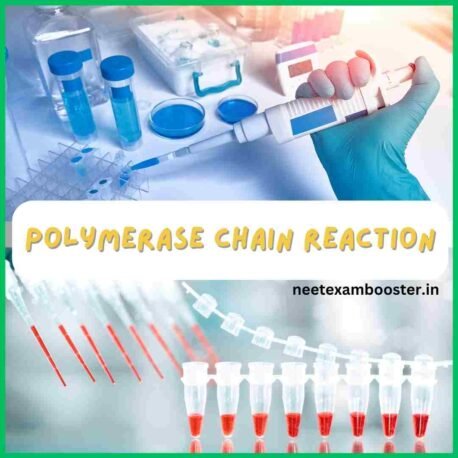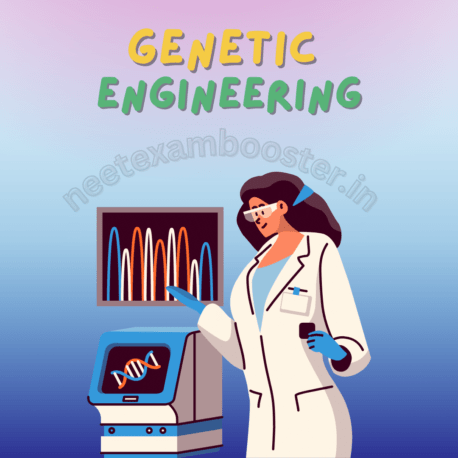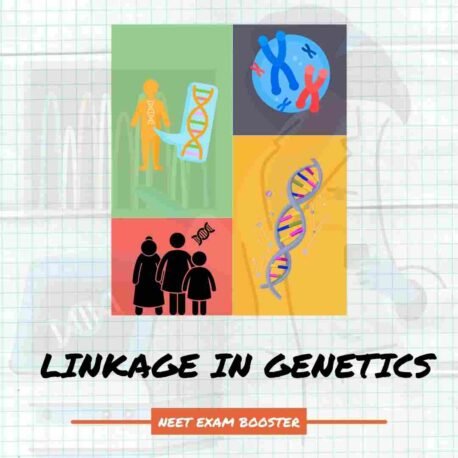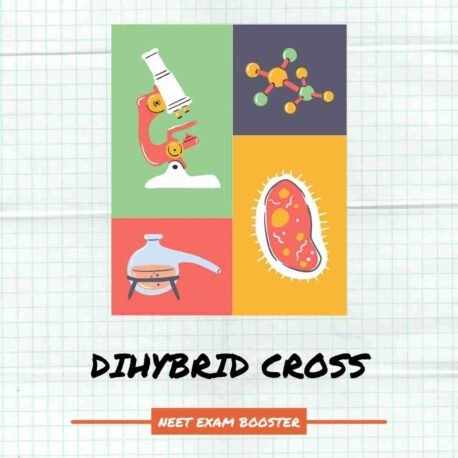Plant kingdom Important Points: Plant Kingdom is a diverse group of the multicellular organisms that are characterized by their ability to produce their own food through the process of photosynthesis. They have the distinct features such as the roots, stems, leaves, and reproductive structures. The plants can be either vascular or nonvascular, with former having a specialized system for transportion of water and nutrients, while latter relies on the process of diffusion.
They are also either seed-bearing or spore-bearing, with former producing seeds that can grow into the new plants, and latter producing spores that can grow into new plants. Some of most well-known groups of the plants include flowering plants, ferns, mosses, and the conifers.
Plant Kingdom is a classification of the organisms that includes all the plants, from smallest mosses to tallest trees.
The plants are characterized by their ability to perform the process of photosynthesis, which involves conversion of the light energy into the chemical energy. They also have cell walls made of the cellulose and the root systems that allow them to absorb the water and the nutrients from the soil.
There are several different types of the plants, including the vascular plants (such as ferns, conifers, and flowering plants), the non-vascular plants (such as mosses and liverworts), and the algae (such as seaweed and pond scum).
The earliest plants evolved from the algae over 500 million years ago and played a major role in shaping Earth’s environment by producing the oxygen and stabilizing the soil.
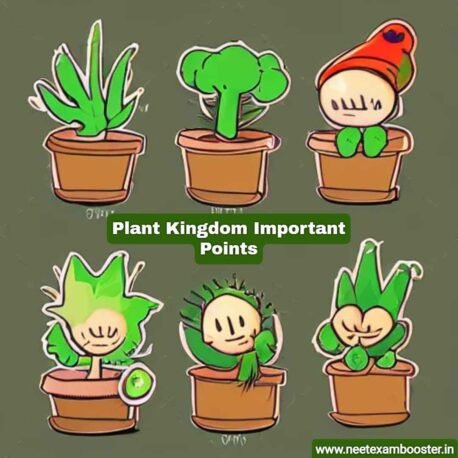
Plants are essential for the life on Earth as they produce oxygen, provide food items and materials for the other organisms, and supports the entire ecosystems. They also play a significant role in the human societies, from providing the food and medicine to serving as symbols of beauty and the cultural significance.
Many species of the plants are threatened by the human activities, such as the deforestation, habitat destruction, and introduction of the non-native species. Climate change also posses a significant threat to the plant species, as rising temperatures and changes in the precipitation patterns can disrupt the ecosystems and cause species to migrate or go extinct.
These are 25 Plant kingdom Important Points
Plant kingdom Important Points – NCERT Biology Class 11 Chapter 3
1. Plant kingdom is divided into vascular and the non-vascular plants.
2. Vascular plants posses a specialized transport system for the water and the nutrients, while the non-vascular plants rely on the process of diffusion.
3.Ferns, horsetails, and club mosses are the examples of non-vascular plants.
4. Angiosperms and gymnosperms are the examples of the vascular plants.
5. Angiosperms have the seeds enclosed in a fruit, while the gymnosperms have seeds not enclosed in a fruit.
6. The leaf is main site of the photosynthesis in plants.
7. Stomata are pores on the leaves that controls the gas exchange and the water loss.
8. Roots absorbs the water and the minerals from soil and anchors the plant in place.
9. Stem supports plant and transports water and the nutrients.
10. Flowers are the reproductive structures in case of angiosperms, while the cones are the reproductive structures in case of gymnosperms.
11. The process of pollination involves transfer of the pollens from the male to the female reproductive structures.
12. The process of fertilization results in formation of a seed, which contains a developing embryo.
13. The seeds can be dispersed in many different ways, such as wind, water, animals, and explosion.
14. Process of germination involves growth of the embryo into a new plant.
15. The alternation of generations is a characteristic of plant’s life cycle, where a haploid gametophyte’s generation alternates with the diploid sporophyte generation.
16. Cell walls, are made up of cellulose, provides structure and support for the plants.
17. Chlorophyll is a pigment in the plants that absorbs the light for the process of photosynthesis.
18. Xylem and phloem are two types of vascular tissue in the plants that transports water and the nutrients.
19. Transpiration- It is a process by which the water is lost from the plants through the stomata of the leaf.
20. The process of photosynthesis converts the light energy into the chemical energy in the form of glucose.
21. Most of the plants reproduce sexually, although some can also reproduce asexually through the processes such as budding, fragmentation, and the vegetative propagation.
22.Climate, soil type, and the availability of water and light influences distribution of the plant species.
23. The plants plays a crucial role in ecosystem, producing oxygen and serving as food for the animals.
24.Humans use the plants for food, medicine, building materials, and for clothing.
25. Some of the plant species are endangered or threatened due to habitat destruction, over-exploitation, and the introduction of the invasive species.
Plant kingdom Important Points, Plant kingdom Important Points, Plant kingdom Important Points, Plant kingdom Important Points
Some Important Questions From Biology Class 11
| Chapter Name | Quiz Link |
| The Living World | Play Now |
| Biological Classification | Play Now |
| Plant Kingdom | Play Now |
| Animal Kingdom | Play Now |
| Morphology of flowering plants | Play Now |
| Anatomy of flowering plants | Play Now |
| Cell: the unit of life | Play Now |
| Biomolecules | Play Now |
| Cell Cycle and cell division | Play Now |
| Transport in Plants | Play Now |
| Structural organisation in Animals | Play Now |
| Mineral nutrition | Play Now |
| Photosynthesis in higher plants | Play Now |
| Respiration in plants | Play Now |
| Plant Growth and development | Play Now |
| Digestion and Absorption | Play Now |
| Breathing and Exchange of Gases | Play Now |
| Body fluids and circulation | Play Now |
| Excretory products and their elimination | Play Now |
| Locomotion and Movement | Play Now |
| Neural Control and Coordination | Play Now |
| Chemical Coordination and Integration | Play Now |
Some Important Questions From Biology Class 12
| Chapter Name | Quiz Link |
| Reproduction in organism | Play Now |
| Sexual reproduction in flowering plant | Play Now |
| Human reproduction | Play Now |
| Reproductive health | Play Now |
| Principles of inheritance and variation | Play Now |
| Molecular basis of inheritance | Play Now |
| Evolution | Play Now |
| Human health and disease | Play Now |
| Strategies for enhancement in food product | Play Now |
| Microbes in human welfare | Play Now |
| Biotechnology principles and processes | Play Now |
| Biotechnology and its application | Play Now |
| Organism and population | Play Now |
| Ecosystem | Play Now |
| Biodiversity and its conservation | Play Now |
| Environment issue | Play Now |





